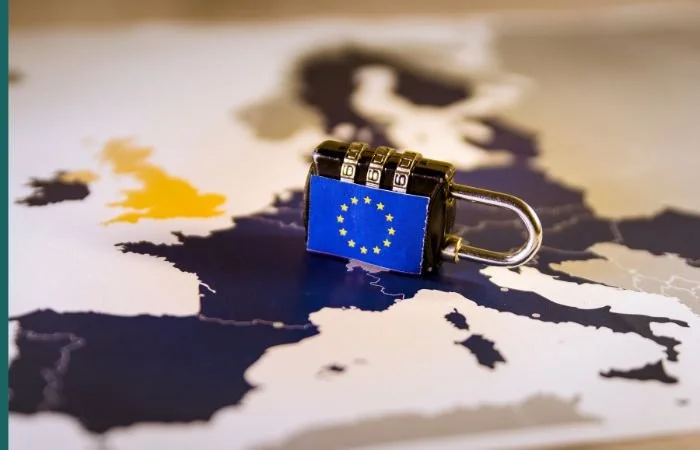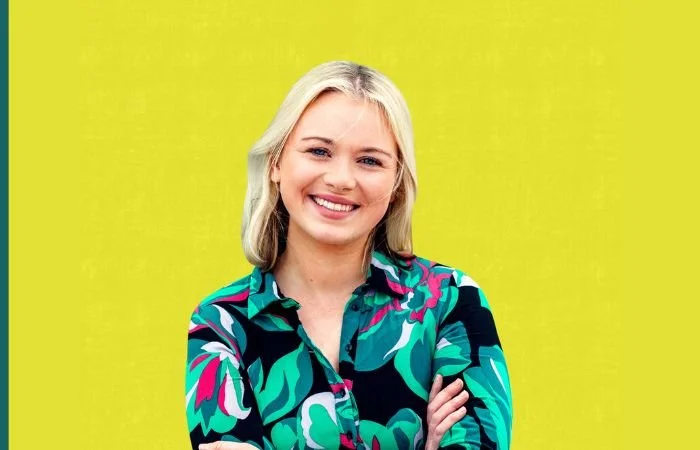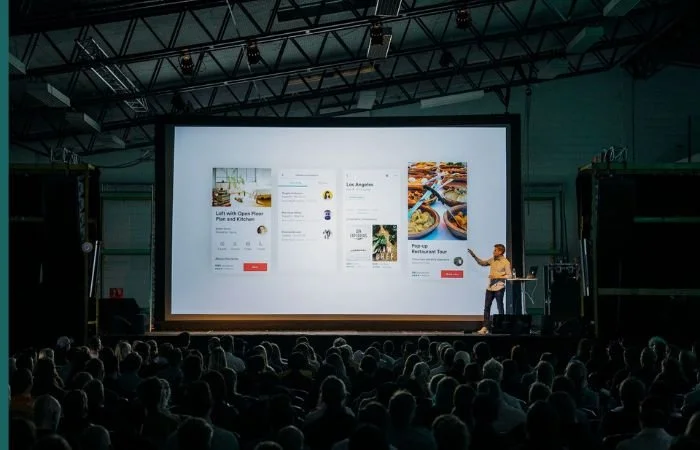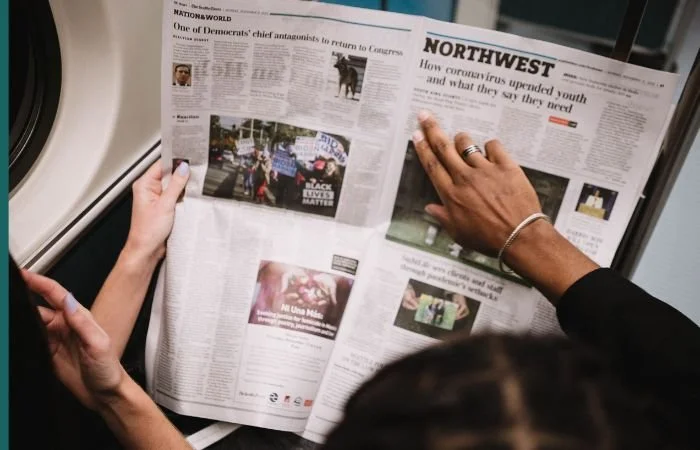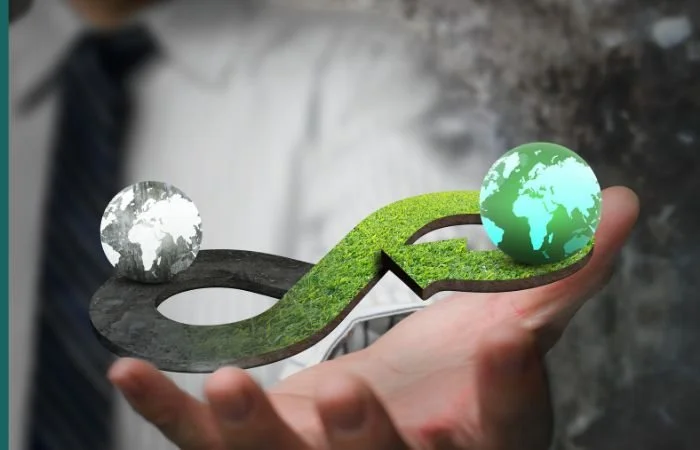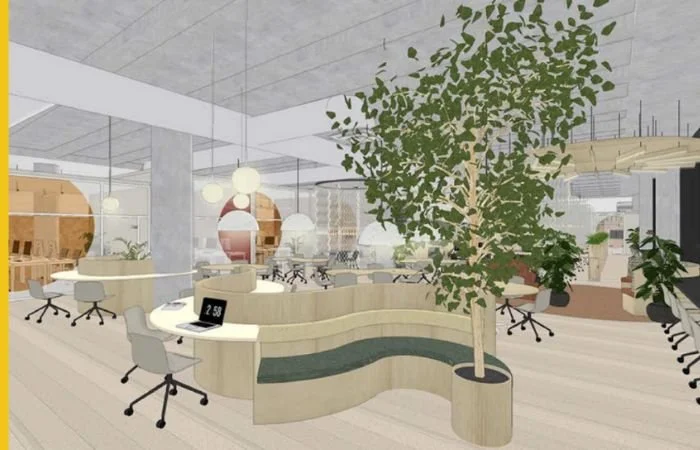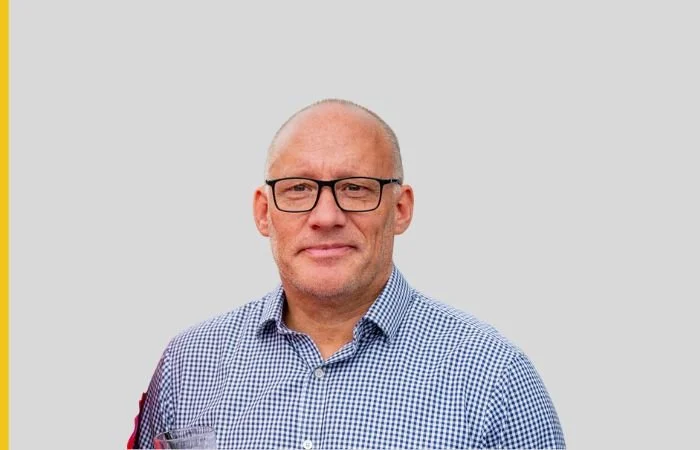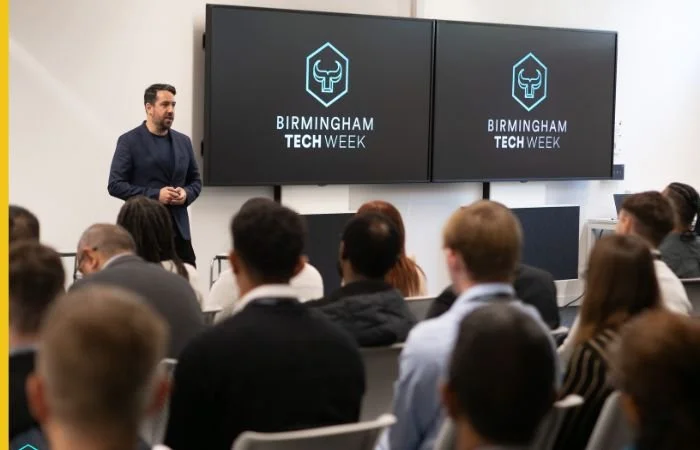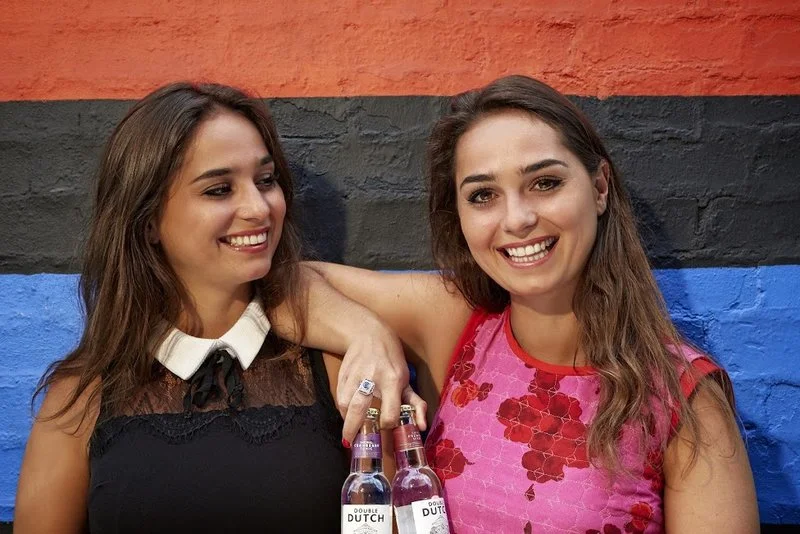Meet the founder of The Furniture Recycling Group

Hi Nick, it’s nice to meet you. Can you tell us some more about how you went from starting in business cleaning swimming pools to where you are today?
I started out in business cleaning swimming pools. I moved up within the company to finally lead a management buyout of the UK’s largest swimming pool construction company.
Following the sale of my shareholding in that company, I worked as an improvement consultant in the industry, dealing with the full spectrum of waste types and processes. There was a poignant moment at a landfill site when a mattress became wrapped around the drive shaft of a delivery vehicle on site. This got my cogs churning about how these bulky items could be broken down into each component to ensure that as much of it was recycled and 100% diverted from landfill.
In December 2010, I kick-started operations with launch of EOL Recycling, a company that would soon grow into TFR Group. Launching EOL took months of intensive research into the limitations and possibilities of recycling processes, but it was the start of something very exciting.
The company finally launched its first operational site in the heart of Preston, Lancashire, and has been going from strength to strength ever since.
Can you explain what you do at The Furniture Recycling Group?
We provide a sustainable outlet for a difficult waste stream by diverting 100% of mattresses we process from landfill in the UK. We also work with the UK’s businesses and local authorities to recycle and repurpose mattress materials, creating a circular economy for mattresses and their component parts.
John Lewis’ Sustainability Manager described TFRG as ‘innovative and forward thinking’. Can you tell us more about the contract you secured with the retail giant and why they are a good choice of client?
Mattresses are an important part of John Lewis’ home product offering. Providing the mattress recycling service helps to support its customers to responsibly dispose of their mattresses, and is a valuable add-on service.
As part of the service, John Lewis picks up customers’ old mattresses and takes them to one of its many distribution hubs. From there, the mattresses are sent to TFR Group to be broken down into their components using our innovative mattress recycling machine.
As a direct result of the partnership, John Lewis was able to collect and recycle approximately 58,000 mattresses in 2016 alone, diverting around 1,500 tonnes of waste from landfill. We’re very proud that John Lewis chose to work with us on this project, and it’s so reassuring to see retailers are now thinking about the end of life scenario for their products.
Since launching, what has been the biggest environmental impact that you have achieved so far?
The biggest environmental impact has been recycling over 1 million mattresses since TFR Group launched, but this is only scratching the surface of what we want to achieve. We currently recycle 7000 mattresses every week, a figure which we aim to increase to 20,000 in the coming years.
What qualities do you look for in your team that will help TFRG to grow?
The main qualities I look for in my team is hard graft and positivity as it’s such a physically demanding job.
Can you let us know some of the alternatives to landfill that recycling soft mattresses can be used for?
We dismantle the mattresses into 19 components, with the materials then segregated ready for sanitisation and processing.
The pocket springs are put through the patented pocket spring recycling machine, a process that takes just 2.5 minutes. This means these difficult mattress components that would historically end up at landfill, are automatically separated into steel and polypropylene waste streams, leaving the recyclable components.
The steel springs are baled up to pass on ot scrap metal merchants.
Textiles are sanitised, blended and baled ready for transferring onto industry as raw products for further processing.
Foams are sanitised and repurposed into new products, such as yoga mats and sun loungers.
What do you do in your spare time to maintain a healthy work-life balance?
When I’m not working, I like to spend time with my wife and four children.
What are the biggest challenges you face in increasing the percentage of soft furniture that can be recycled?
There are a number of challenges. One is educating the industry about the recycling services that are available and showing them there’s an alternative to landfill. The manufacturing industry is a particular sector I would like to educate as they need to be considering the end-of-life of products right from the design stages.
Currently, it’s also difficult to cope with the increasing intake of recycling from the rise in people replacing their mattresses more often. We are working to deal with this problem though.
Lastly, the government is not cooperating enough with the people at the coalface of the waste and recycling industry. Instead, they have been letting the media companies lead the green agenda, which was evident in Theresa May’s speech on the release of the government’s 25-year environment plan.
What plans do you have to innovate the way mattresses are recycled in the future?
One of the current barriers to recycling mattresses is the cost of transportation to a mattress recycling facility. TFR Group designed and prototyped a revolutionary system that will allow a standard 40ft trailer, that ordinarily carries 90 mattresses, to carry 600 mattresses, meaning a significant reduction in transportation costs, and vastly increasing the viability of mattress recycling throughout the country. We’re also working on creating an automated recycling system which will help to reduce the cost of recycling mattresses.
Can you tell us more about why you decided to work closely with the Job Centre and Probation Service?
The work at TFR Group is very labour intensive and vast, so we need a large team of reliable and hardworking staff. The Job Centre and Probation Service are just two routes we use to source workers who we know will be dependable and keen.
What plans do you have for TFRG over the next 12 months?
We’re in the process of creating an automated recycling system which not only reduce costs, but also allow us to increase the capacity of recycling to 10,000 mattresses a week.


















